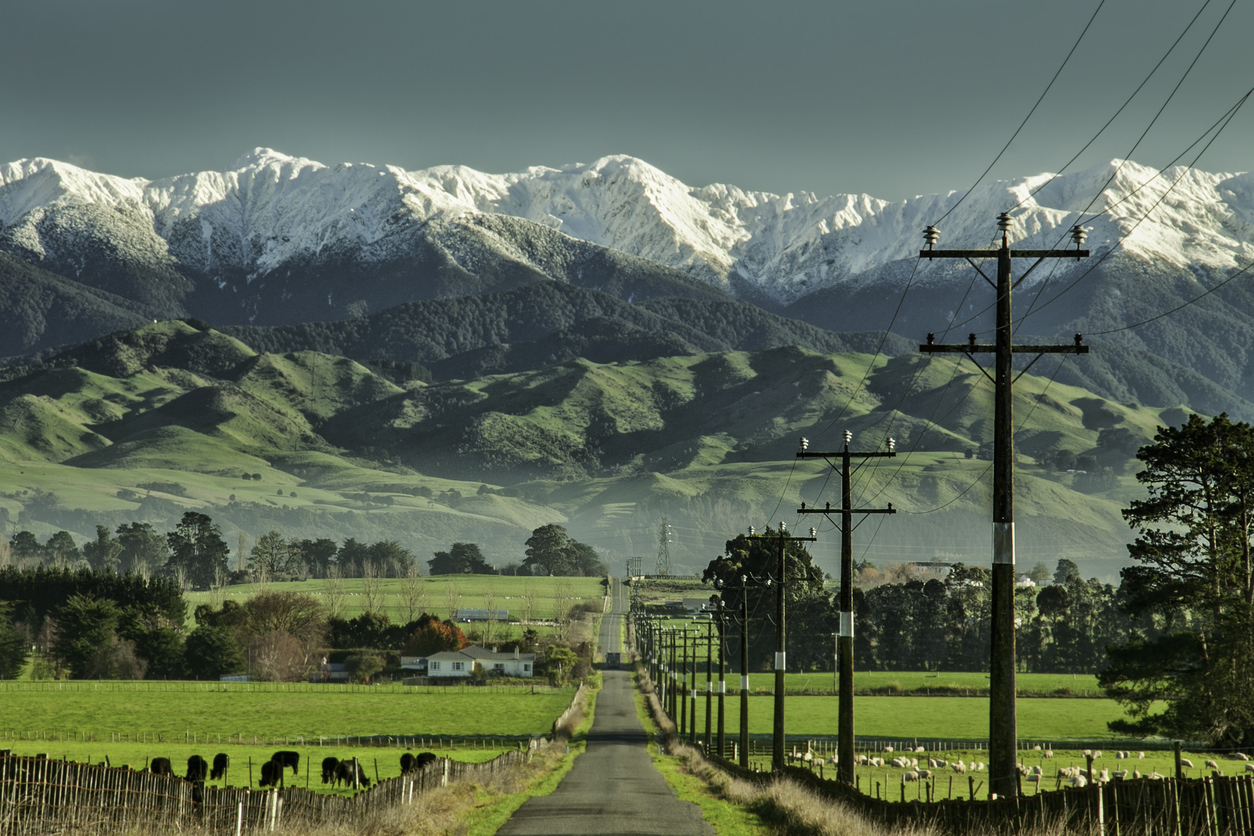An expert panel has mapped out how we’ll predict the risks climate change is likely to bring to New Zealand, to help us work out how to manage them.
We’re already experiencing the effects of climate change, but we aren’t sure exactly how bad things might get. To plug up this gap, Climate Minister James Shaw announced a framework to determine what the future risks of climate change might be in New Zealand. This will inform adaptation and mitigation opportunities so New Zealand is better prepared for climate change.
The panel was announced in April, and made up of seven experts, including chair Dr Anne Bardsley. Its first risk assessment is due to be completed by mid-2020.
Minister Shaw has also announced a national plan for where and how New Zealand needs to adapt to the effects of climate change. This plan can be used by national and local government to determine where the pinch points are likely to be.
The SMC gathered expert comment on the framework.
Dr Nick Cradock-Henry, Senior Scientist and Research Priority Area Leader, Manaaki Whenua – Landcare Research, comments:
“National Climate Change Risk Assessments for informing National Adaptation Plans are an essential tool to support government, business and industry with advice on current risks and future opportunities to Aoteaora-New Zealand from climate change.
“National assessments have already been conducted by other nations. The UK for example, completed its first national risk assessment in 2011, with a statutory requirement to repeat the process every five years.
“The news of the first National Climate Change Risk Assessment is welcomed and will provide a critical baseline for tracking and monitoring vulnerabilities and identify critical areas for focusing adaptation interventions.
“New Zealand has a well-earned reputation for science excellence in greenhouse gas mitigation, given our unique emissions profile and our dependence on livestock farming. Mitigation, however, is only one aspect of the challenge presented by climate change, and adaptation is also needed.
“To support adaptation actions, decision-makers must understand the nature of the sector’s vulnerability, in terms of who is vulnerable, the nature of the vulnerability, the nature of the stresses, and the capacity to adapt to ongoing changing risk where uncertainties prevail. The announcement from the Minister, and the forthcoming Climate Change Risk Assessment will begin to provide a valuable baseline in determining pathways towards more resilient climate futures for Aotearoa.”
Conflict of interest statement: Nick co-leads the ‘Resilience in Practice Model’, part of the Resilience to Nature’s Challenges National Science Challenge funded through the Ministry for Business Innovation and Employment, and multiple projects focused on supporting adaptation planning in Aotearoa.
Professor Dave Frame, NZ Climate Change Research Institute, Victoria University of Wellington, comments:
“It’s good to see these steps towards a comprehensive risk framework to help us deal with climate change. Even in the near term, climate change presents considerable challenges for New Zealand – many changes will impact our biggest export industries.
“By developing a framework that helps us develop a better understanding of the location, magnitude, and likely evolution of those challenges I think the Government have taken a significant step towards helping us anticipate and plan for those challenges.
“For too long we have left adaptation to local scales when there has been a clear need for more leadership from central government.
“The new approach will provide that more coherent guidance, and seems to fit well with other initiatives elsewhere in government, such as the Treasury’s Living Standards Framework. A common strength of these is their focus on well-being and resources considered broadly, not just through a narrow financial lens. The breadth and flexibility of the new initiative are clear strengths.”
No conflict of interest.
Belinda Storey, Managing Director at Climate Sigma, and Principal Investigator, Deep South National Science Challenge, comments:
“This is a real milestone for New Zealand and should be celebrated. We have been lagging almost a decade behind other countries in not yet having a national risk assessment for climate change.
“Given our need for the work, I understand the urgency, but am concerned by the short timeframe to conduct the risk assessment.
“It is wonderful to see the leadership of the Minister in introducing the Framework, which is holistic and centred on wellbeing. It will be important to hold agencies conducting the risk assessment (on behalf of the government) to the Framework’s guidelines to avoid a focus on engineering solutions.
“Victoria University’s recently-announced funding for Extreme Events and the Emergence of Climate Change will be a critical contributor to future national risk assessments but other social sciences also need to be supported if we are meet the well-being focus in future assessments.”
No conflict of interest.
